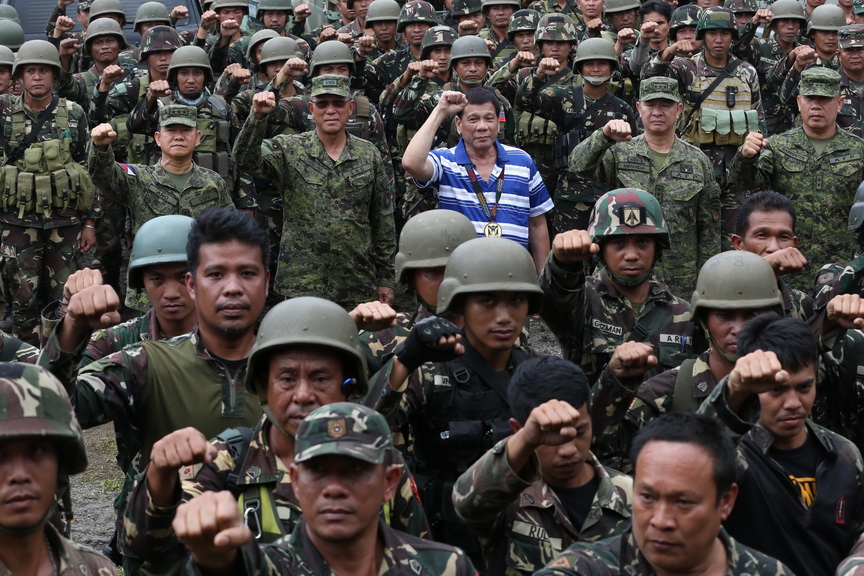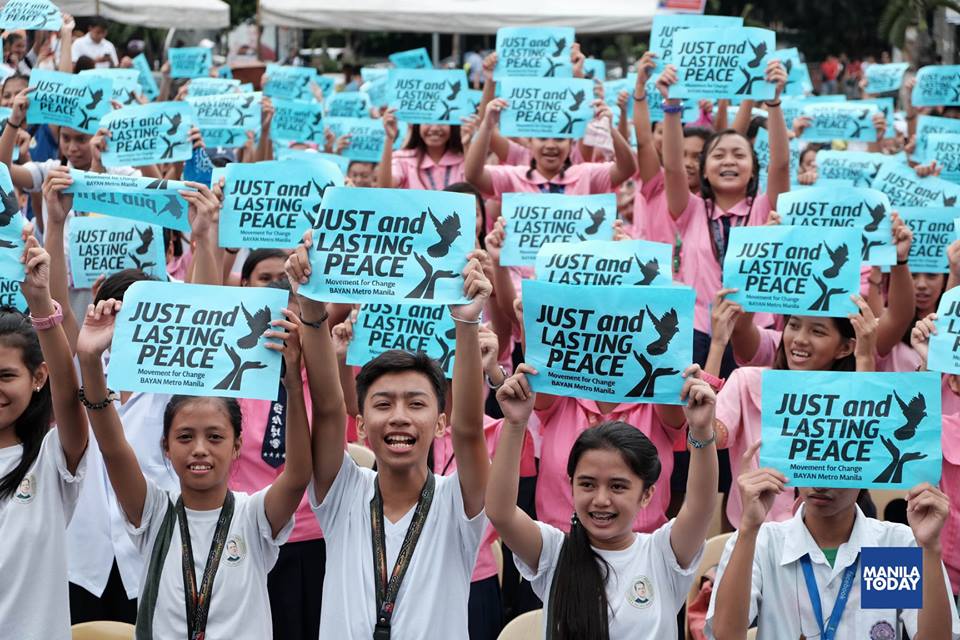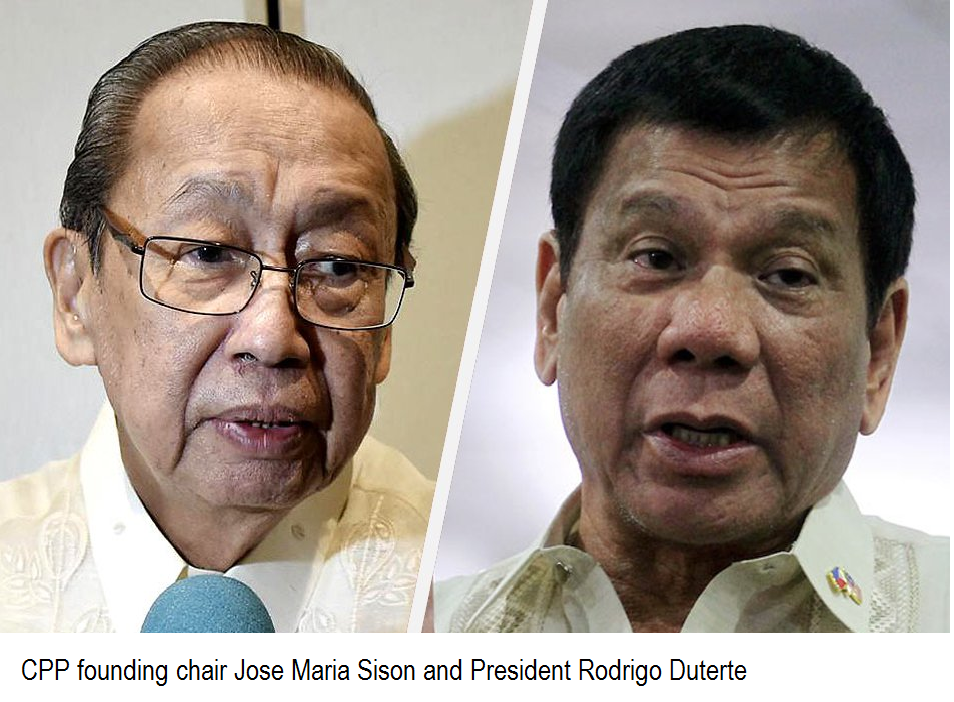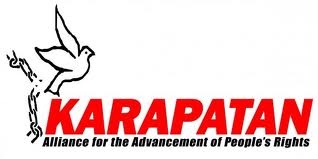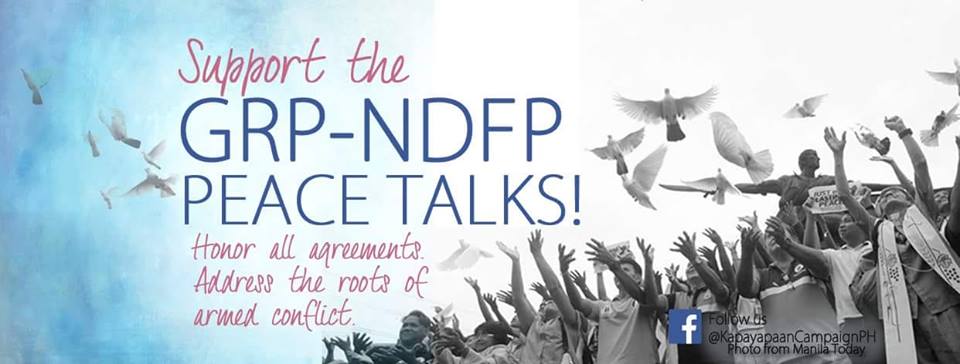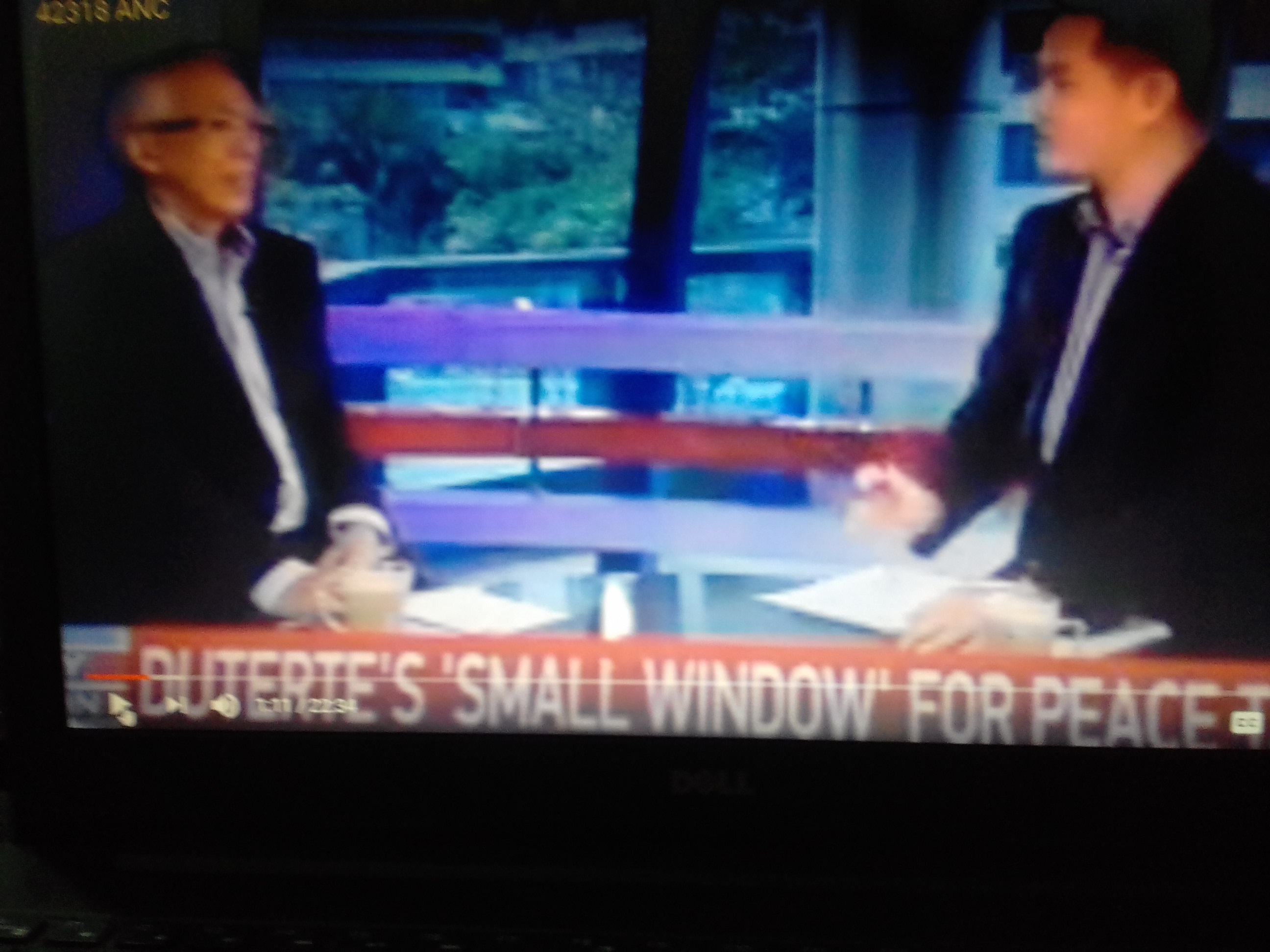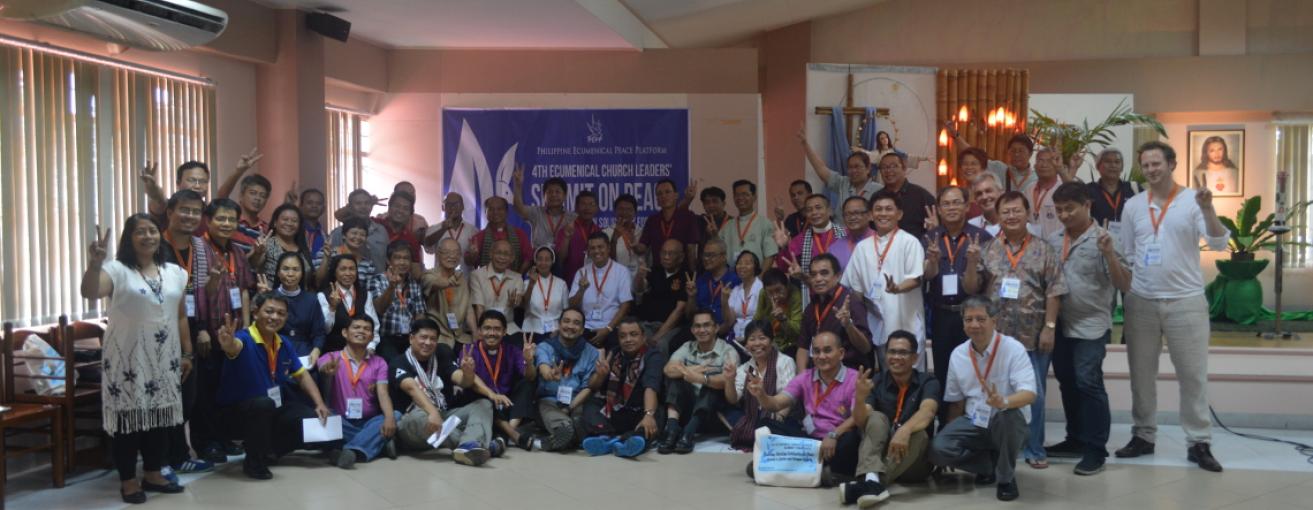Philippine Peace Center – Press Statement
19 June 2018
Once again, and for the nth time, we are witnessing the abortion of what would have been the much-awaited resumption of the fifth round of formal peace talks between the Government of the Republic of the Philippines (GRP) and the National Democratic Front of the Philippines. The formal talks would have tackled the meat of the negotiations – Social and Economic Reforms that would decisively address the very roots of the armed conflict.
But this time, the reasons being offered by the GRP through various sources from the President and his Spokesperson down to the Negotiating Panel, to the DND and even lower to the Army spokesman, are not only downright confusing, because always vague, often contradictory and patently baseless. They also throw the entire peace negotiations into a darker cloud of uncertainty, threatening even to derail the talks permanently.
Ano ba talaga, ‘te?
It has become starkly clear that there are deeper reasons for the “postponement” than the supposed need for the President to study the documents produced by the four rounds of backchannel talks. . These documents, after all, have been at least three months in the making, with the GRP negotiating panel constantly requesting breaks to check and countercheck with their principals if they are still in line with their marching orders.
No less dubious is the purported aim of “engaging the bigger table”, the public at large, on issues and in discussions to “lend legitimacy to the process”. Have both panels not been doing so since the talks began in 1992? And why desist from holding the formal talks while consultations are ongoing? While it is being packaged as a fresh approach, “engaging the bigger table” is really an old, worn out track – lumang tugtugin at sirang plaka — that had been employed by the Arroyo and Aquino administrations with the intent and end result of never coming back to the negotiating table to discuss the ubstantive agenda, the Comprehensive Agreement on Social and Economic Reforms.
More telling is the oft-repeated call to hold the peace talks here in the Philippines instead of a neutral venue abroad, and the proposal to do away with a Third Party Facilitator, the role the Royal Norwegian Government has ably performed and for which both the GRP and the NDFP has hitherto expressed unequivocal appreciation and gratitude.
The fact is that the entire GRP – the President and his Cabinet, Congress, and the Judiciary, know very well that the NDFP would never agree to holding the peace talks in the Philippines. The solemn agreements signed by the GRP and NDFP Negotiating Panels explicitly state that the peace talks shall be held at a foreign neutral venue. This has been strictly observed for the last 26 years. Insisting on holding the talks here is tantamount to calling off the negotiations.
The clear and simple reason is that there is no way peace talks held in the Philippines can be protected and spared from sabotage by the spoilers and enemies of a genuine peace process – those who oppose meaningful reforms that would alter the status quo in favor of the greater majority of the population.
This lesson was learned the hard way in 1986-87, when the peace talks abruptly collapsed after the January Mendiola Massacre. Fourteen were killed and scores wounded when government troops fired at peasants peaceably airing out their demand for land. When the NDFP panel asked the GRP panel if the GRP could assure them of their safety should the talks continue, the GRP panel replied, “We ourselves are not assured of our own safety?!”
After the talks collapsed, hundreds of NDFP personnel who were unavoidably exposed during the talks were killed or captured. Then Defense Secretary Ramos himself boasted that the military’s intelligence stock had increased by at least 40% as a result of the talks.
Finally, the postponement until a “conducive and enabling amosphere” is achieved can now be dismissed as hogwash. In the first three instances that this was adamantly invoked, the GRP categorically pointed to a joint ceasefire as the “enabling condition”. Yet, it has shamelessly and without due and proper explanation withdrawn for the third time from an agreed-upon simultaneous ceasefire to which the NDFP had acceded explicitly and in writing, and was poised to observe.
Evidently, the military feels on the verge (ad nauseam) of dealing the revolutionary movement a deathly blow, and would not want its momentum throttled in any way by a ceasefire of any sort? Has Mr. Duterte then chosen to indefinitely postpone” the formal talks, despite the completion of nearly all preparations he himself had ordered and allowed, to give war, instead, another chance (ad nauseam) to succeed? Were all those preparations a diversion or smokescreen to conceal the real intentions?
Ito na nga ba talaga, ‘te?
The Philippine Peace Center joins other peace advocates, in strongly deploring this latest “postponement”, riddled as it is with crass inconsistency, lacking in integrity and forthrightness, and with thinly cloaked ill intentions.
No government worthy of its mandate would ever treat its people’s aspiration for a just and lasting peace in this shabby and cavalier manner.
We call on all those desirous of attaining genuine peace in our land to join us in demanding the resumption of formal peace talks, honoring all prior agreements, and addressing the roots of the armed conflict.
Carry the preparations for the 5th round to their logical conclusion!
Ituloy ang 5th round!

